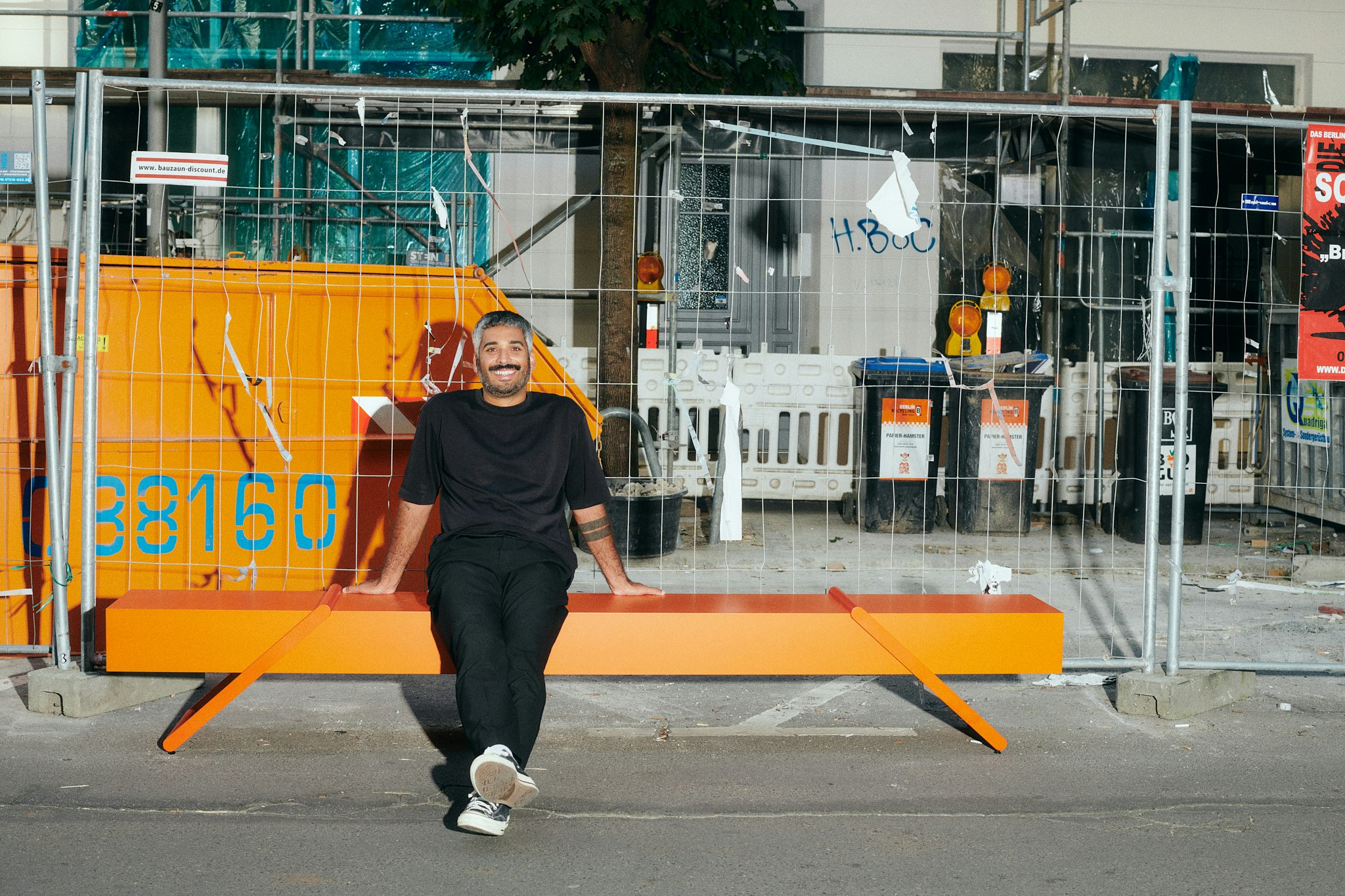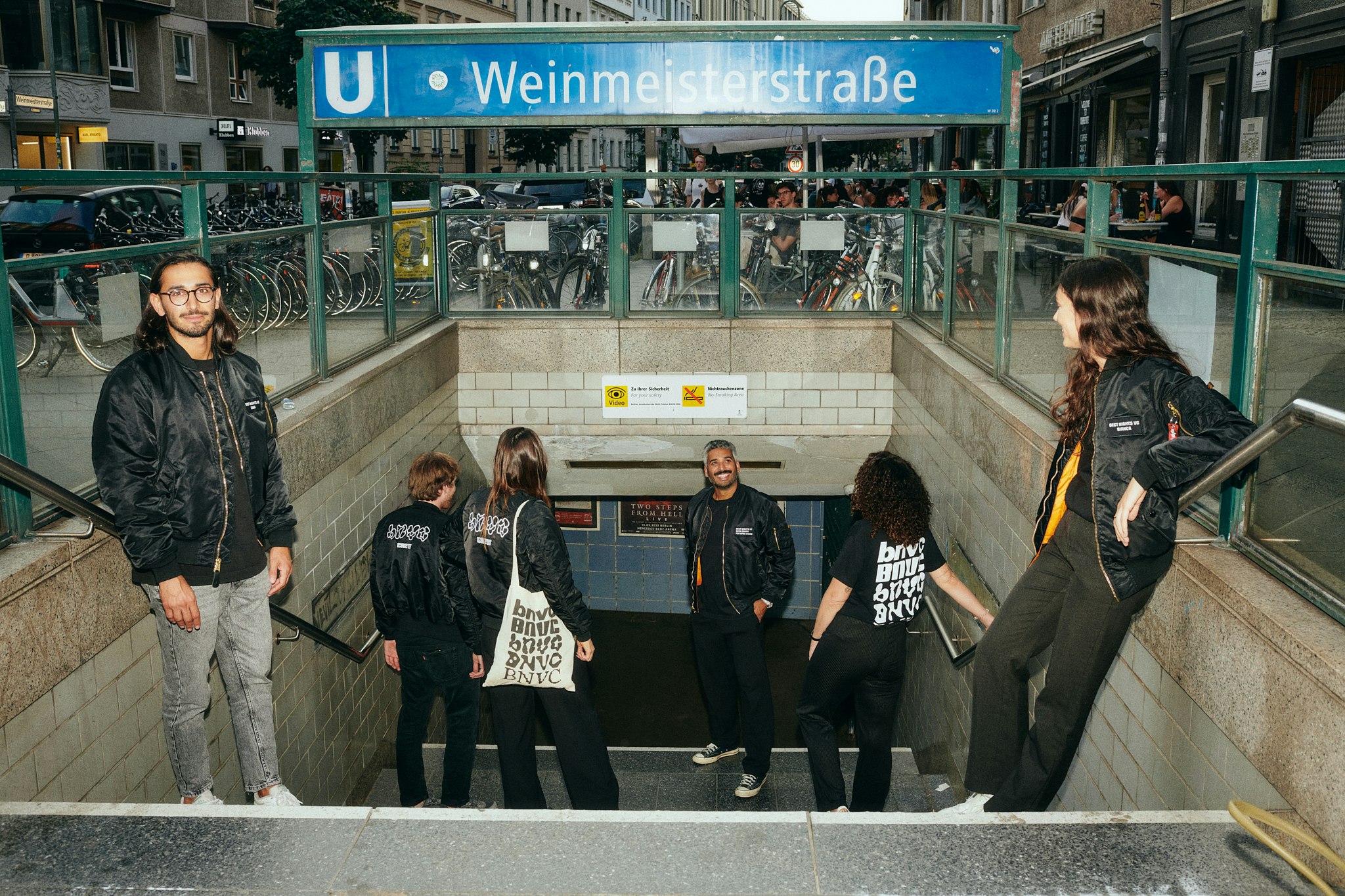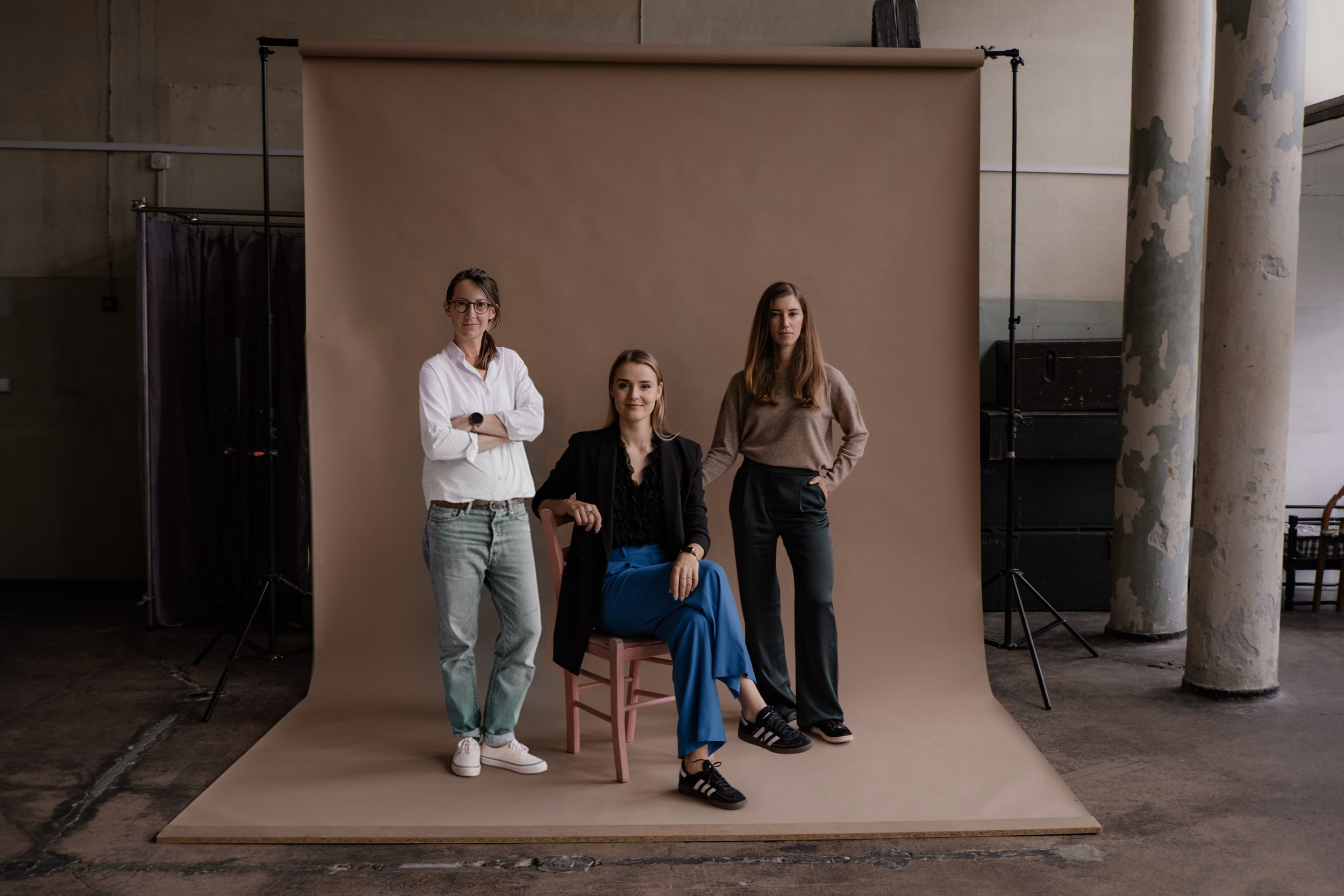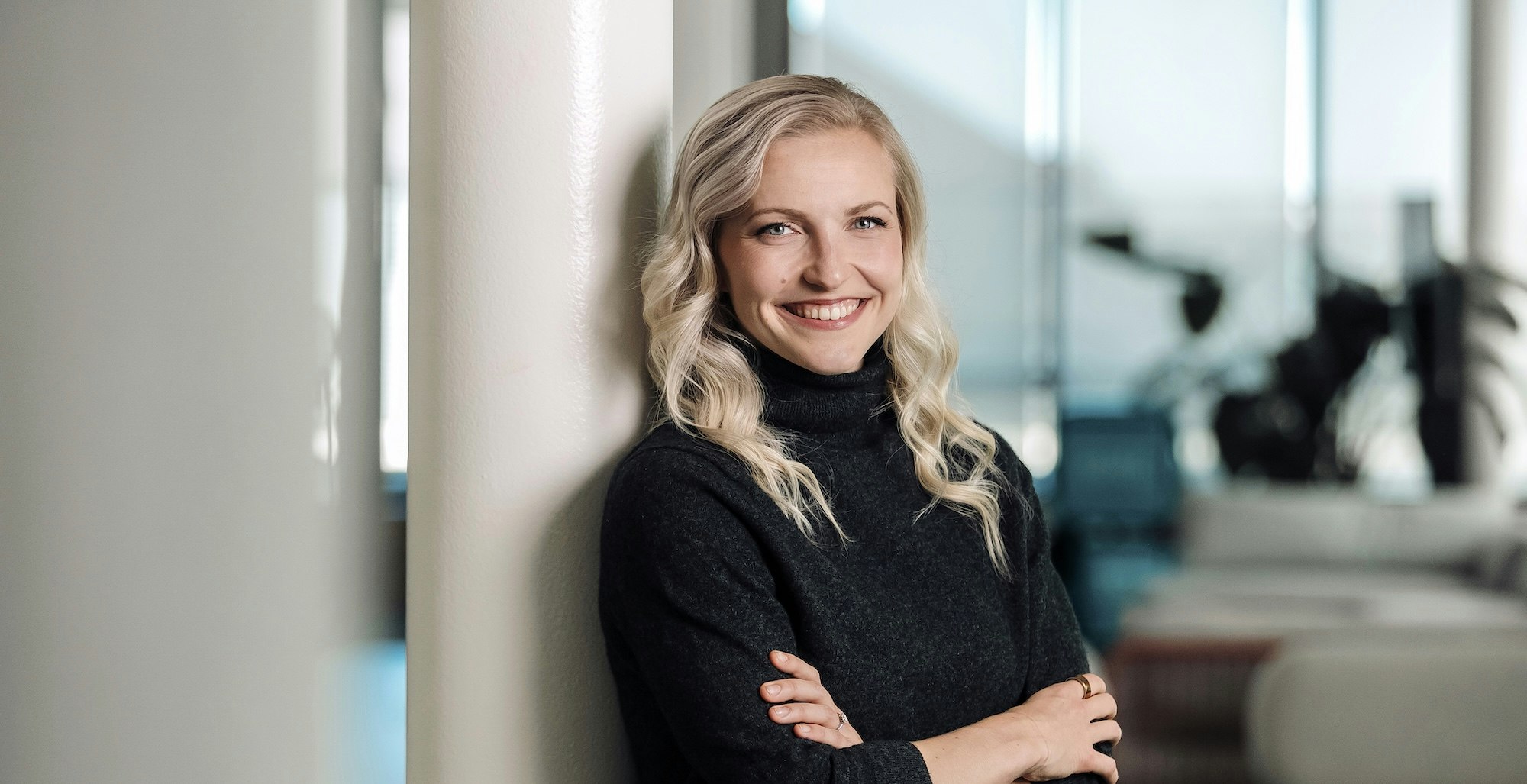Nightlife may not be the most obvious target for venture funding. But the venture capital investment unit of German liquor company Mast-Jägermeister plans to prove the two go together like a dance floor and a beat.
Best Nights VC launched in 2021 and operates with an evergreen funding cycle, writing cheques between $300k and $1m. It has already invested in 14 companies across Europe and the US that it believes are ushering in a new era of nightlife and entertainment.
“The idea is to explore what nightlife could look like, 2030 and beyond,” says Lorrain de Silva, Best Nights’ managing director.
Could tech save the disco?
The nightlife and entertainment industries have been in flux since 2020 when the pandemic temporarily pulled the plug on nights out. The industry has struggled to recover. In the UK, for example, latest figures show more than 400 clubs have closed since March 2020, while 40% of venues say they are losing money.
The future of nightlife isn’t about VR headsets and those things
Tech startups could help clubs, DJs, promoters and artists run more profitable operations, but De Silva also argues that VCs should support startups making nightlife more accessible and sustainable. Best Nights VC splits its investments into three categories: subcultures and lifestyle communities, hosting the night and breaking down barriers.

“The future of nightlife isn’t about VR headsets and those things,” he says. “Business models should leverage either the quantity, the quality, the diversity or the sustainability of nightlife. If those points are addressed, then we will make sure the nightlife of the future is accessible, safe and fun.”
It’s a broad vision — and each of Best Nights VC's portfolio companies is measured in terms of the impact it makes and how it contributes to real-life social interactions. Companies that have secured investment from the firm include Los Angeles-based 222, which invites strangers to real-life events based on shared interests, and Xceed, a Barcelona-based ticketing marketplace that helps venues and festivals promote to wider audiences.
Small artists, big listeners
De Silva says Best Nights wants to fund a traditionally underfunded sector. Un:hurd, a London-based startup that received investment from Best Nights VC in 2023, is a platform that helps artists run data-led marketing campaigns.
It started because it’s hard for smaller artists to pull an audience. According to Music Business Worldwide, 80% of artists with music on Spotify have 50 monthly listeners or fewer — and more than 60k new tracks are uploaded to Spotify each day.
Artists can no longer just be great singers — they’ve got to be great influencers, personalities and marketeers
“As an artist, you need to outcompete all these other talented artists,” says Alex Brees, founder of un:hurd. “Artists can no longer just be great singers — they’ve got to be great influencers, personalities and marketeers.”
Un:hurd uses data from musicians’ public profiles to recommend ways to boost listener numbers, which increases the likelihood of selling tickets to live events.

“We’re big advocates for creating revenues outside of streaming,” says Brees. “I know how hard it is to form a relationship with someone if it’s not in real life. I become a true fan of an artist after I go to see them in real life.”
One artist, the Egyptian electronic dance musician Mostafa Ryad, saw his tracks added to 1,500 Spotify playlists after un:hurd recommended that he pitch to playlist curators. His monthly listeners have since increased from fewer than 1,000 to over 19k.
Enhancing experiences with technology
Un:hurd isn’t the only startup backed by Best Nights VC that is using data. Ticketing platform Xceed, founded in 2013, uses data to increase ticket sales for live events. As well as its marketplace, where people can buy tickets, it also provides venues with services such as data analytics, dynamic ticket pricing and promotional tools.
We’re trying to create events that don’t rely on a top headliner
Xceed’s data shows that, post-pandemic, more people prefer to book tickets for events in advance. For clubs that trade on the allure of a strict door policy, as seen in Europe’s clubbing capital Berlin, Xceed is exploring how it can help clubs digitise their criteria. For example, a venue could specify that it will only sell tickets to people whose friends have been to another of its events before.
“Door selection isn’t an evil thing — it’s a way to create a community, a safe environment with like-minded people,” says Mattia Franco, Xceed’s founder. “We’re trying to create events that don’t rely on a top headliner, but are a great space with great people.”
“We’re using technology to enhance this.”
That final point neatly sums up Best Nights VC’s entire approach: backing companies that it thinks will bring nightlife roaring back to cities around the world.




